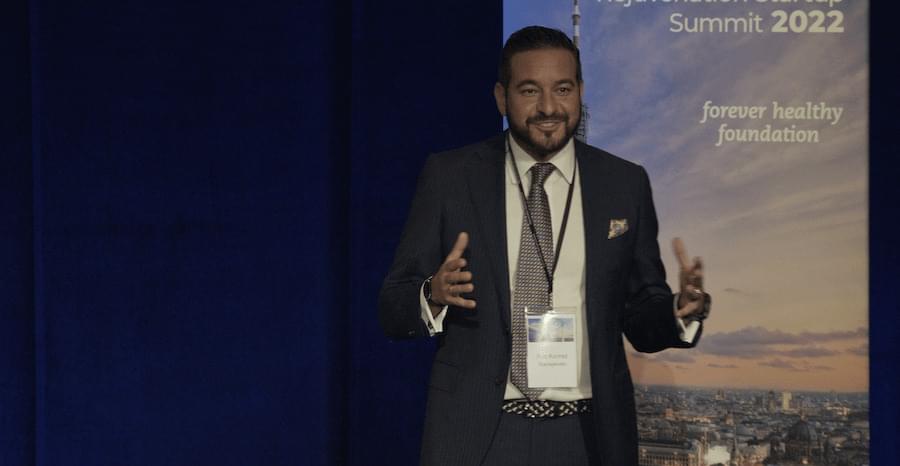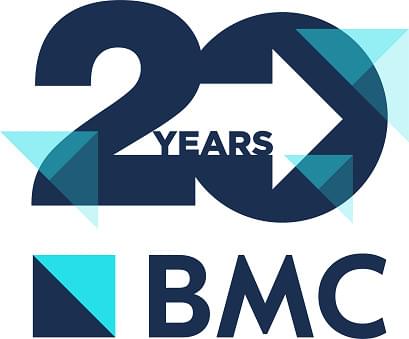Is Director of the Division of Research, Innovation and Ventures (DRIVe — https://drive.hhs.gov/) at the Biomedical Advanced Research and Development Authority (https://aspr.hhs.gov/AboutASPR/ProgramOffices/BARDA/Pages/default.aspx), a U.S. Department of Health and Human Services (HHS) office responsible for the procurement and development of medical countermeasures, principally against bioterrorism, including chemical, biological, radiological and nuclear (CBRN) threats, as well as pandemic influenza and emerging diseases.
Dr. Patel is committed to advancing high-impact science, building new products, and launching collaborative programs and initiatives with public and private organizations to advance human health and wellness. As the DRIVe Director, Dr. Patel leads a dynamic team built to tackle complex national health security threats by rapidly developing and deploying innovative technologies and approaches that draw from a broad range of disciplines.
Dr. Patel brings extensive experience in public-private partnerships to DRIVe. Prior to joining the DRIVe team, he served as the HHS Open Innovation Manager. In that role, he focused on advancing innovative policy and funding solutions to complex, long-standing problems in healthcare. During his tenure, he successfully built KidneyX, a public-private partnership to spur development of an artificial kidney, helped design and execute the Advancing American Kidney Health Initiative, designed to catalyze innovation, double the number of organs available for transplant, and shift the paradigm of kidney care to be patient-centric and preventative, and included a Presidential Executive Order signed in July 2019. He also created the largest public-facing open innovation program in the U.S. government with more than 190 competitions and $45 million in awards since 2011.
Prior to his tenure at HHS, Dr. Patel co-founded Omusono Labs, a 3D printing and prototyping services company based in Kampala, Uganda; served as a scientific analyst with Discovery Logic, (a Thomson Reuters company) a provider of systems, data, and analytics for real-time portfolio management; and was a Mirzayan Science and Technology Policy Fellow at The National Academies of Science, Engineering, and Medicine. He also served as a scientist at a nanotechnology startup, Kava Technology.
Dr. Patel holds a US patent issued in 2005 and has authored over a dozen peer-reviewed articles in areas such as nanotechnology, chemistry, innovation policy, and kidney health.
Dr. Patel earned his Ph.D. in physical chemistry from the Georgia Institute of Technology, and has a bachelor’s degree in chemistry from Washington University in St. Louis.




